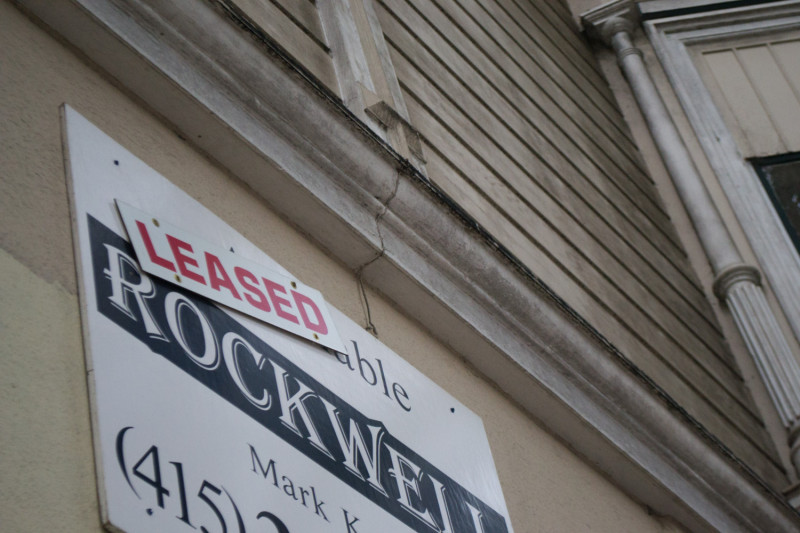The leader of the state Assembly is unveiling an ambitious affordable housing proposal, one that could pump more than $600 million a year into development at the local level.
Assembly Speaker Toni Atkins (D-San Diego) was joined Wednesday afternoon by a wide range of prominent Democrats in Los Angeles, including state Treasurer John Chiang and Los Angeles Mayor Eric Garcetti, to announce her plan. At its center: A proposal to institute a new transfer fee on real estate transactions, one Atkins' staff characterizes as small; and expanding legislation proposed by Assemblyman David Chiu (D-San Francisco) to increase the tax credit that real estate developers can claim when they build affordable housing.
"The bottom line is that every Californian deserves a stable, safe place to live," Atkins said.
As we reported this morning, local officials have been scrambling to plug the $1 billion annual hole left by Gov. Jerry Brown's dissolution of redevelopment agencies four years ago.
They aren't new ideas. In 2013, former Bay Area state Sen. Mark DeSaulnier, now a member of Congress, first floated the idea of a $75 transfer tax to fund affordable housing. SB391 died in the Assembly, but early estimates projected it could raise $300 million to $700 million a year at the $75 rate. Many business groups backed the proposal.
